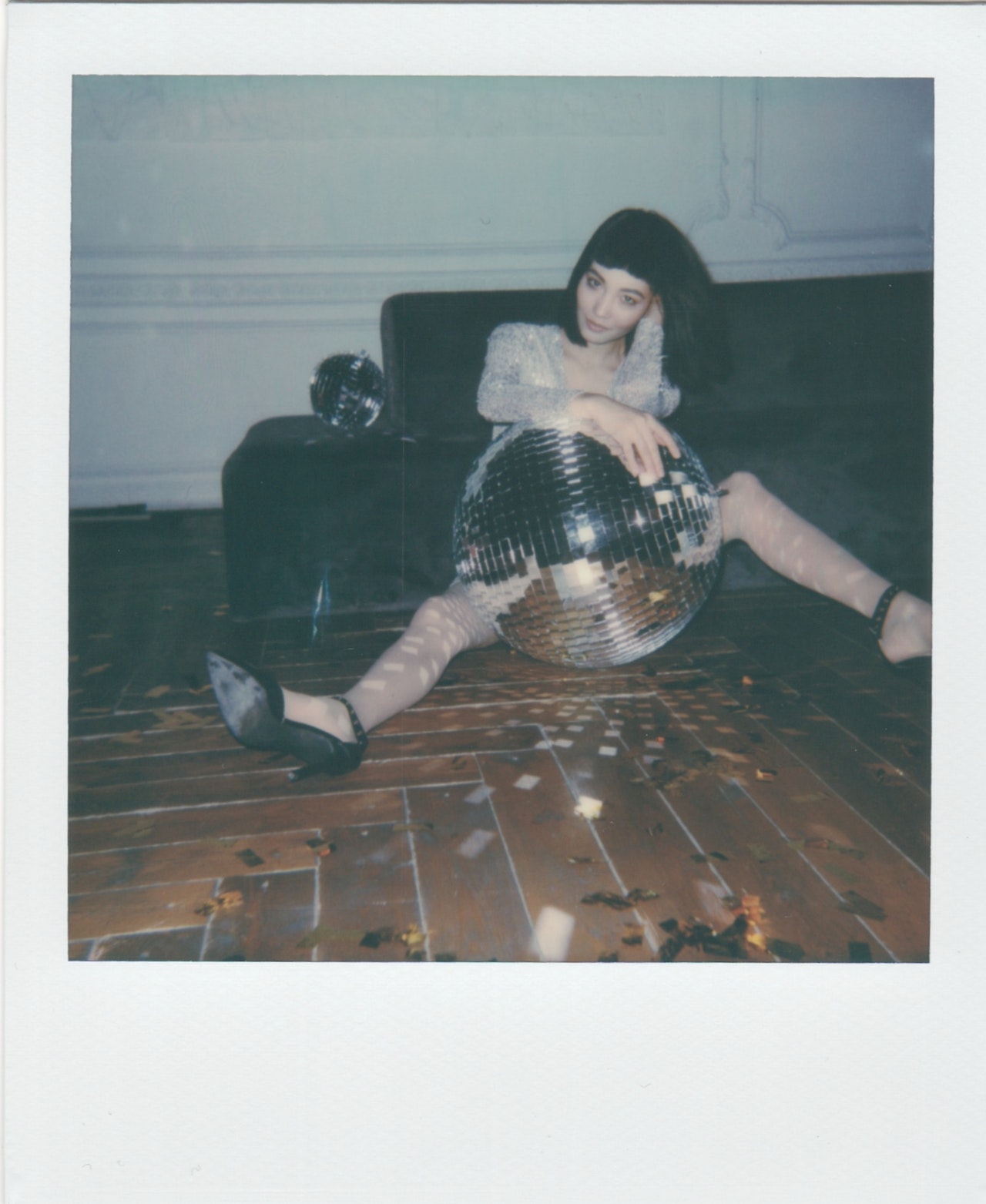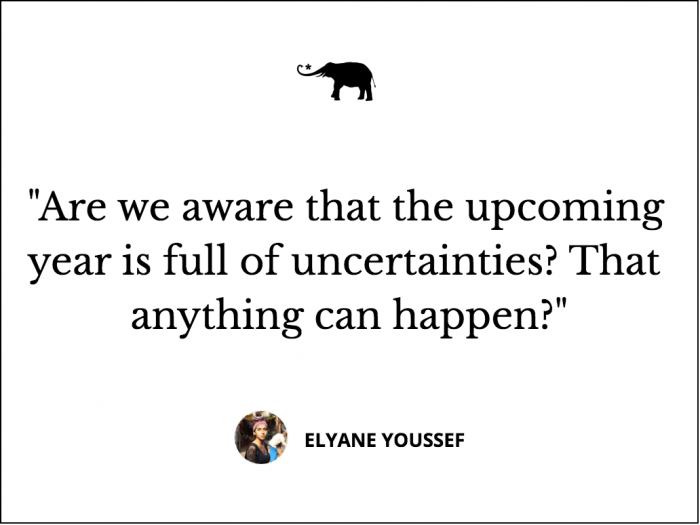I used to believe there was something extremely special about the New Year.
For me, January 1st marked a new beginning—a whole separate transformation.
I prepared for this big event by making lists, wishes, and lessons. For the entire month of December, I would spend at least 10 minutes every day to revisit the closing year and reflect on what I should do better.
Of course, it goes without saying that I attended NYE parties where I got drunk, counted down to midnight, badly wanted to be kissed at 12:00 a.m., and with a headache and sore throat, welcomed January 1st.
Thank god I traveled to India in my mid-20s to study Buddhism. It was then that all my preconceptions and habits were shattered. Because this is what Buddhism does: it wakes you up, shakes up your beliefs, and literally rearranges your (monkey) mind.
And I needed this. I needed this mental reshuffling.
One of the many books I brought home with me from India and Nepal was from Dzongsar Jamyang Khyentse: What Makes you Not a Buddhist. I read his book around September, three months prior to the New Year.
You guessed that right—it was the last time I counted down to midnight, got drunk, or made endless lists and wishes.
Here’s the quote that forever changed my perception of New Year’s Eve:
“In our everyday lives we have this impulse to shield ourselves and others from the truth. We’ve become impervious to obvious signs of decay. We encourage ourselves by ‘not dwelling on it’ and by employing positive affirmations.
We celebrate our birthdays by blowing out candles, ignoring the fact that the extinguished candles could equally be seen as a reminder that we are a year closer to death. We celebrate the New Year with firecrackers and champagne, distracting ourselves from the fact that the old year will never come back and the new year is filled with uncertainty—anything can happen.
When that ‘anything’ is displeasing, we deliberately divert our attention, like a mother distracting a child with rattles and toys.”
Uncertainty, impermanence, decay, distraction, a year closer to death. What? This Tibetan Lama opened my mind to many things I hadn’t considered before. I was busy drinking, celebrating, and making wishes when, in fact, “I was just shielding myself from the truth.”
I was tempted by the expectation that January 1st was going to be different—that I was going to reach everlasting happiness and satisfaction. I didn’t want disappointment, grief, sadness, or surprises. I wanted my life to start again every damn January, disregarding what the past had offered me.
I wanted permanence. I wanted certainty. I wanted reassurance.
I was celebrating not because I was genuinely happy. I was celebrating because, unconsciously, I wanted the bad to end and the “better,” “more hopeful,” “more promising” to begin.
But I was only seeking an illusion. Aren’t we all? Aren’t we all running after the good and totally disregarding the fact that we have no f*cking idea what the next year will bring?
Don’t get me wrong. Realizing the truth of impermanence didn’t piss me off. I wasn’t angry or disappointed. I wasn’t hopeless.
I was liberated.
As the Buddha taught, time is an illusion. Although we talk about today, tomorrow, after tomorrow, hours, minutes, months, and years, in reality, they don’t exist. These are just names that we have created in order to organize our time. Our time…which is relative.
As Shunryu Suzuki mentions in his book, Zen Mind, Beginner’s Mind, “Dogen-Zenji said, ‘Even though it is midnight, dawn is here; even though dawn comes, it is nighttime.’ This kind of statement conveys the understanding transmitted from Buddha to the Patriarchs, and the Patriarchs to Dogen, and to us. Nighttime and daytime are not different. The same thing is sometimes called nighttime, sometimes called daytime. They are one thing.”
There is no December 31st and no January 1st. We are celebrating an illusion. All we have is the now. This truth comforted me and brought me peace.
We can still celebrate the New Year, we can kiss at midnight, and we can crack open a bottle of champagne, but what’s our state of mind? Are we aware that the upcoming year is full of uncertainties? That anything can happen? That there will be good times but there will also be bad times? That our life is a combination of both and we can’t escape one cycle or favor the other?
Are we aware that we can make new beginnings anytime we want? That we can transform our lives right here, right now, at this very moment?
Are we aware that there isn’t an actual “year”—only moments? What are you going to do with them?
Happy New Year and may we all appreciate the beautiful truth of impermanence.
~
X
This account does not have permission to comment on Elephant Journal.
Contact support with questions.
author: Elyane Youssef
Image: Inga Seliverstova/Pexels



Like abs Agee with so much you write. Time is sunyata and rigid thinking is a samsaric trap. Where I get perplexed is a year is the time the earth revolves around the sun. Tho following S Suzuki I don’t think about it which is not-doing in the moment. Thank again for a great and beautiful piece.
Read 2 more comments